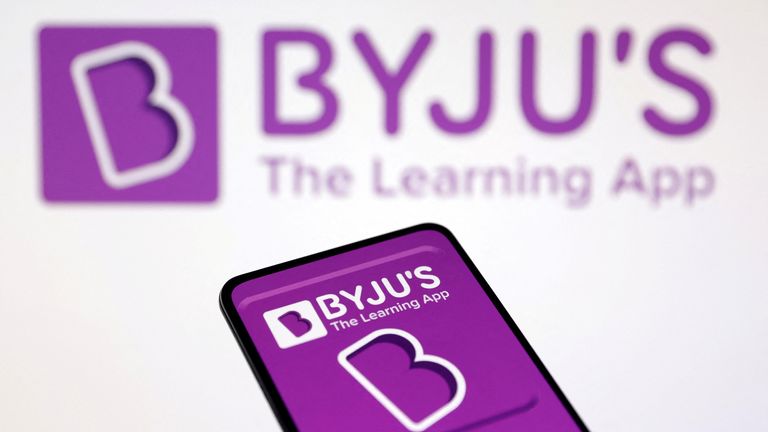Byju’s: Transforming Education in India

Introduction
In recent years, the rise of digital education has transformed the landscape of learning in India. Among the frontrunners in this revolution is Byju’s, an ed-tech company that has made significant strides in providing innovative learning solutions. Founded in 2011 by Byju Raveendran, the platform has grown to become one of the largest online learning platforms in the country, catering to millions of students. Its importance lies not only in improving educational access but also in enhancing the quality of learning for students across various age groups.
Growth and Expansion
Byju’s started as a simple app aimed at helping students prepare for competitive exams and has since expanded its offerings to include comprehensive courses for students from kindergarten to higher education. According to recent reports, Byju’s has over 150 million registered users, with around 6.5 million paid subscriptions, illustrating its rapid growth and popularity.
In a bid to further its reach, Byju’s has made strategic acquisitions, including the purchase of Akash Educational Services Limited for $1 billion in 2021 and WhiteHat Jr, which focuses on teaching coding to younger students. These moves have solidified Byju’s position as a leader in the ed-tech sector, enabling it to provide a wide array of learning experiences.
Current Challenges
However, the company’s growth trajectory hasn’t been without challenges. Byju’s has faced scrutiny over its financial practices and the quality of its content. Recently, the company reported increasing losses, leading to questions about its sustainability and business model. Amidst these challenges, Byju’s is focusing on restructuring and improving its operational efficiency, along with launching new features that enhance user experience.
Future Prospects
The future of Byju’s is crucial, not just for the company itself but for the entire ed-tech ecosystem in India. With technology playing an increasingly integral role in education, Byju’s aims to innovate continuously to meet the evolving needs of students. The integration of artificial intelligence, personalized learning paths, and gamified learning experiences are among the changes expected to attract and retain users.
Conclusion
In conclusion, Byju’s represents both the potential and challenges of digital learning in India. While it has successfully engaged millions of learners, the journey ahead requires navigating financial scrutiny and enhancing educational quality. The significance of Byju’s lies in its ability to adapt and evolve, shaping the future of education in India. As digital learning continues to grow, Byju’s remains a critical player and a lens through which the efficacy of ed-tech initiatives can be understood.









